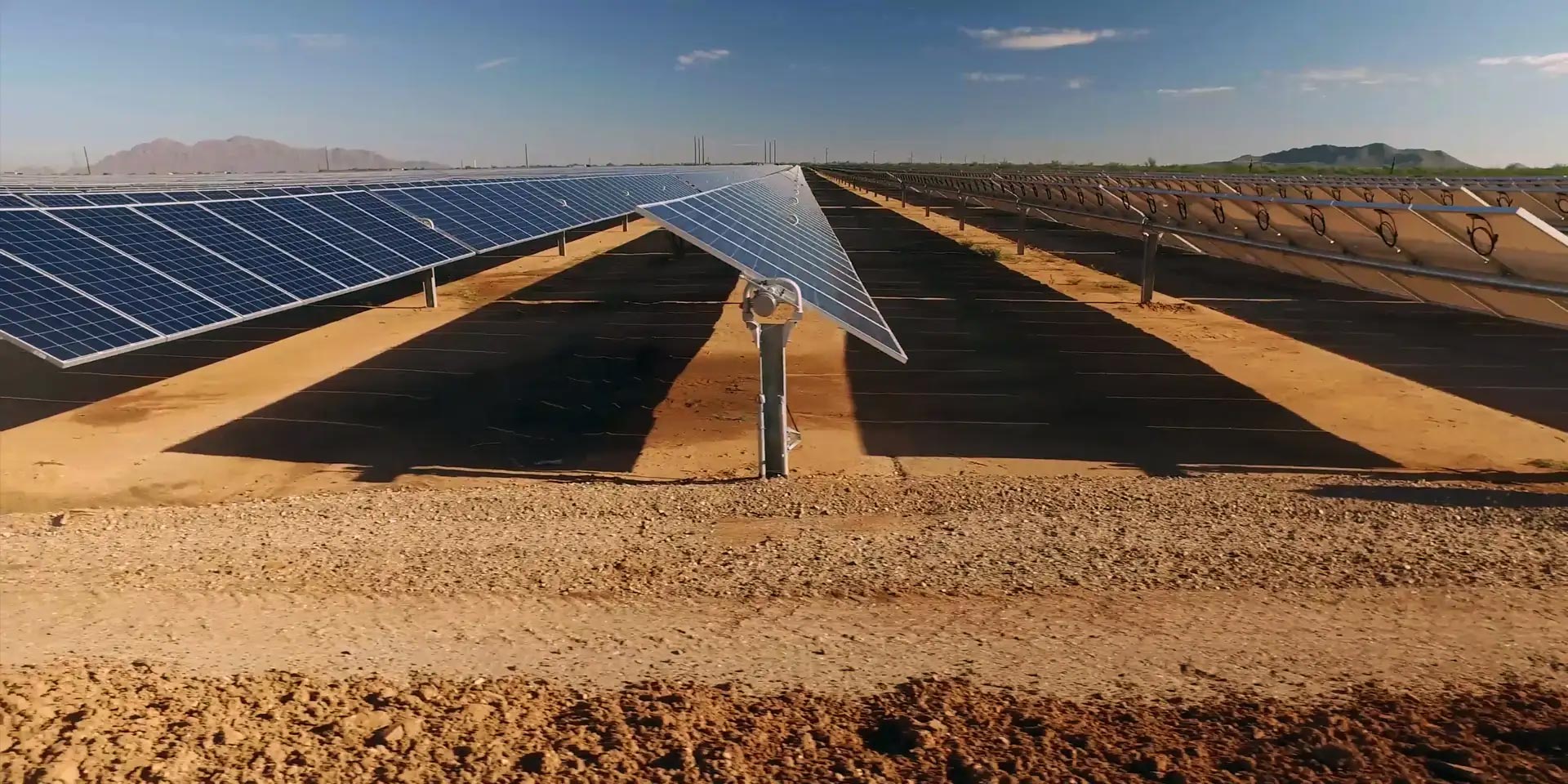Reports and Analysis
OP ED | Epic Fail: The Productivity Commission’s Arguments Against Public Investment in Australia’s Massive Cleantech Opportunity Entirely Miss the Mark
We review the PC’s recent report which completely fails to understand the scale and urgency of Australia’s opportunity to invest public capital in leveraging our world-leading energy transition resources, attract private capital and respond effectively to unprecedented global policy interventions that are re-drawing the geopolitical landscape as the world decarbonises. Read more
MONTHLY CHINA ENERGY UPDATES | China Stays on Track: Declining Hydro, but Stable Variable Renewables Growth
While the drought and heatwaves are testing China’s climate resilience, China’s renewable scaling up remains strong during the first half of CY2023. Countering climate change requires efforts from all. We call for China to go even faster in accelerating its decarbonisation process, as well as call for concerted effort from the developed world economies. Read more
REPORT | The Lights Will Stay on: Nsw Electricity Plan 2023-30
CEF’s new modelling shows that on-schedule closure of Australia’s largest coal power station, Eraring, in August 2025 is entirely doable with accelerated transition to rooftop solar and utility scale renewables plus storage – there are more than enough projects in the pipeline to replace capacity and the capital is ready and willing. Delay would cost the people of the state $200-400bn in compensation to Eraring owner Brookfield, money which should be spent on distributed solar and the RE buildout. NSW energy minister Penny Sharpe just needs to stand firm and deliver the enormous benefits of decarbonisation to NSW. Read more
REPORT | A Value-Added Critical Minerals Bilateral Agreement for Australia and South Korea
Australia’s imperative to create a mutually-beneficial bilateral agreement with South Korea, leveraging the US Inflation Reduction Act to complement Korea’s battery industry and value-add onshore. Read more
MONTHLY CHINA ENERGY UPDATES | As climate change-driven heatwaves and drought impact China’s “dual carbon targets”, longer-term energy transition intact
China Energy Policy Analyst Xuyang Dong argues that, despite the declining hydropower caused by climate change-led drought and heatwaves in China, China’s ambition and determination on energy transition remains intact. China showed heavier reliance on coal in May, while continues renewable expansion at the same time. Read more
OP ED | Australia’s New Critical Minerals Strategy: International Partnership Focus Is On Point, But Investment Falls Drastically Short
We analyse the Australian Critical Minerals Strategy 2023-2030 released today by the Federal Government. The focus on leveraging international trade agreements and partnerships to position Australia in global supply chain is laudable. However, the new funding – $500m to NAIF to support downstream processing – is a drastic underinvestment in the sector that fails to respond both to the scale of Australia’s opportunity as a potential world leader in value-adding our geostrategic minerals reserves onshore using our abundant renewables, and to the ambition of our trade partners and competitors the world over, such as the game changing ~$US800bn Inflation Reduction Act that is actively reshaping global energy dynamics. Read more
OP ED | “Truly momentous:” Solar is changing everything, and Australia must seize the occasion
CEF sees unprecedented trade and investment opportunities, in the order of hundreds of billions of dollars, for Australia to “ship sunshine”, embodying decarbonisation in its exports by using its solar and wind energy to process its world-leading critical minerals reserves, and to power manufacturing of energy transition materials. Australia has a once in a century opportunity for investment in renewables, exports, technology and employment, including in and driven by solar. It should seize it. Read more
REPORT | Solar pivot: A massive global solar boom is disrupting energy markets and speeding the transition
As CEF’s new report details, we are seeing massive global solar momentum on three related fronts: rapid ongoing solar price deflation, multifold increases in solar manufacturing capacity and successive record solar deployments. This is coupled with the surge in electric vehicles, battery supply chains and most recently, the massive new opportunities to ‘electrify everything’. In CEF’s view this creates the conditions for a series of global cascading energy, transport and industry tipping points that have the potential to dramatically accelerate the decline of the incumbent fossil fuel industry, and the decarbonisation of the world economy. The economics of solar power are now compelling, and will only get stronger this decade. Our new report tracks progress in China – which is leading by a huge margin – the US, the EU, India and Australia, and includes key recommendations for Australia to leverage its potential as a renewables superpower. Read more
POSITION PAPER | Five urgent reforms to boost Australia’s climate finance in a rapidly decarbonising world
In this new position paper, Janaline Oh, executive director of Diplomats for Climate Action, and CEF director Tim Buckley identify 5 urgent finance reforms the federal government should put in place so as to mobilise capital at the scale and speed needed to secure Australia’s opportunity to position itself as a critical minerals and energy transition leader in a rapidly decarbonising world – including leveraging our world leading super capital pool and our nation-building, infrastructure and energy transition funding authorities such as the Future Fund and Northern Australia Infrastructure Facility. Read more

